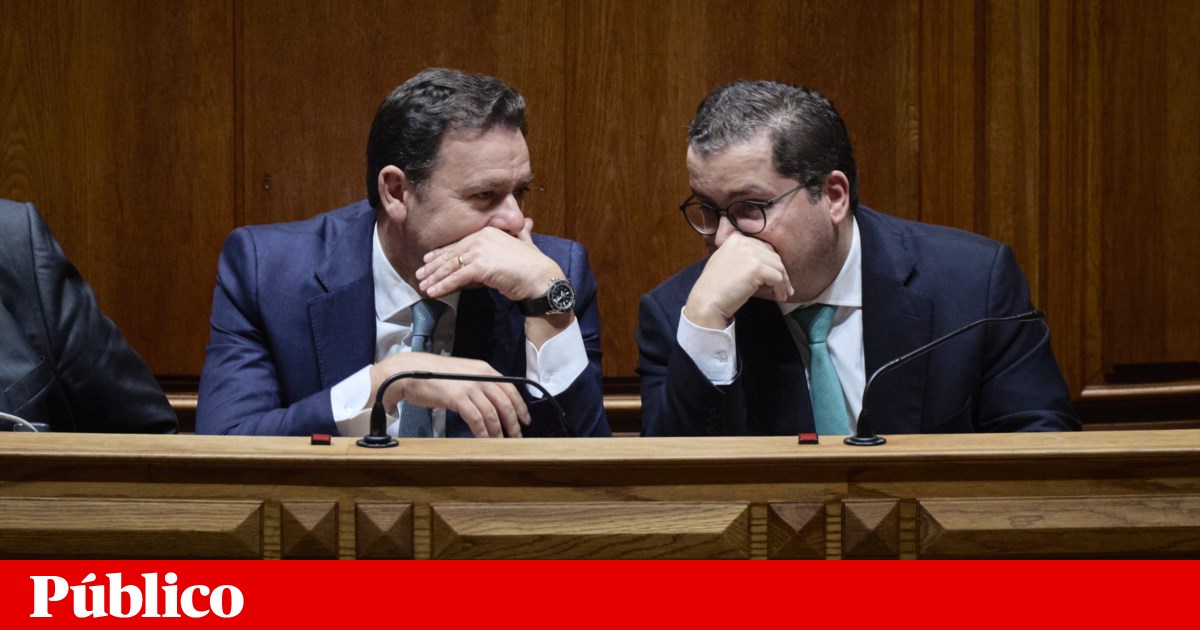Summary:
Lisbon's streets are overwhelmed with trash during the festive season.
The historical role of calhandreiras highlights the long-standing relationship between humans and waste.
Waste is often viewed as 'matter out of place', complicating the goal of a zero waste society.
Both waste and migrants struggle for a place in society, often marginalized and overlooked.
The perception of waste has shifted from poverty to being viewed as a resource.
The Contradiction of Beauty and Waste in Lisbon
In recent weeks, Lisbon has become a dumping ground during the festive season of Christmas and New Year. The streets overflow with trash, reflecting a chaotic accumulation of waste that starkly contrasts with the city's festive decorations. As one observer noted, a visitor might wonder how the locals can indulge in such excess while their screens display endless food imagery.
Historical Context of Waste
Historically, the city has seen waste management evolve from the times of black slaves known as calhandreiras, who carried waste in large ceramic pots to the Tagus River. While some aspects have changed, the fundamental relationship between humans and waste remains unchanged over geological time.
The Nature of Waste
Waste, whether disposed of in landfills or incinerated, is inherently transient. It constantly seeks a 'right place' to be discarded, often far from human habitats. The anthropologist Mary Douglas famously stated that waste is 'matter out of place'. Therefore, the quest for a 'zero waste' society remains an elusive goal.
Migration and Waste: A Parallel
This reflection on waste raises questions about global migration. Just as waste lacks a dignified place in society, so too do migrants often find themselves marginalized, living on the fringes of the communities that receive them. The 'man-trash' of our time epitomizes this struggle, lacking civil rights and subjected to harsh realities.
Economic Growth and Waste Production
In contemporary societies, characterized by capitalist production, we witness an unprecedented accumulation of waste. Economic growth leads to increased consumption, which in turn produces more waste. The Malthusian principle suggests that waste grows faster than our ability to manage it, leading to a crisis in waste management practices.
The Concept of 'Non-Places'
Anthropologist Marc Augé posits that the proper place for waste is always a 'non-place'. This conceptualization reflects the idea that waste exists in a state of perpetual exile, continually seeking a destination where it can finally rest in peace, away from its point of origin.
The Paradox of Waste as Wealth
Ironically, what was once seen as a sign of poverty is now viewed as a resource in a circular economy. As society shifts its perception, the 'waste' that carries potential value is increasingly sought after, leading to a complex relationship between waste and wealth.
The Unsung Heroes of Waste Collection
Finally, it is essential to acknowledge the waste collectors who work tirelessly to clean the streets. Their labor is often stigmatized and poorly compensated, yet they play a crucial role in maintaining urban environments. Society must recognize their contributions and the harsh realities they face.










Comments
Join Our Community
Create an account to share your thoughts, engage with others, and be part of our growing community.